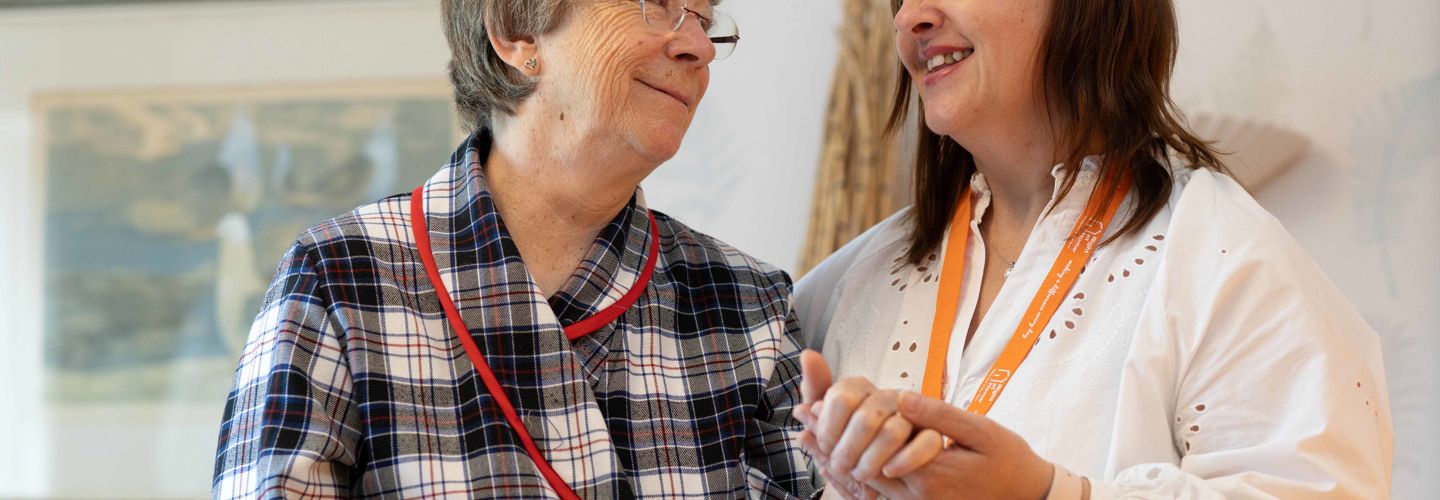
Published: 15/07/2024

Every one of us has only so long on this planet. Time is priceless. Our individual allocation diminishes with every breath. As we grow older the years start to fly by. Seeing our parents pass away, shocks us into confronting our own mortality. Suddenly, deciding how we spend our time becomes a major issue. Some retire early, some emigrate, some take up new pastimes, some move house, some get divorced. As the saying goes “No one on his deathbed ever said, ‘I wish I had spent more time in the office”.”
GP appointments are currently limited to 10 minutes. Many of us will have encountered the doctor’s awkward brush-off, refusing to discuss a second health issue as “sorry, time is up”. You need to book another appointment. For a minor issue this may not matter, but for someone fearing something more serious, this feels brutal.
Excess demand, time constraints and video appointments have drastically eroded the quality of care doctors can provide. Bed-side manner and a sympathetic hearing – both powerful placebos – have become an anachronism. Inevitably symptoms will get missed. Complex conditions cannot be diagnosed, explained and a course of treatment determined, in a few minutes. At Right at Home, we frequently talk to clients (or their next of kin) who, despite GP or hospital care, have little or no understanding of their condition(s), their prognosis and why medication has been prescribed.
Ted Jack Kaptchuk (an American medical researcher) has carried out research showing that the ritual of the patient seeing the doctor, being listened to, and having some physical contact, are actually a key part of healing. He carried out a study of patients suffering irritable bowel syndrome (IBS). The experiment split 262 adults with IBS into three groups: a no-treatment control group; a second group who received sham acupuncture without much interaction with the doctor; and a third group who received sham acupuncture with great attention lavished upon them, at least 20 minutes of what Kaptchuk describes as “very schmaltzy” care. Doctors were also required to touch the hands or shoulders of members of the third group and spend at least 20 seconds lost in thoughtful silence. The results were very clear: the patients who experienced the greatest relief were those who received the most care. The study showed the more care people got (even if it was fake) the better they tended to fare.
A valuable element of the home care service we provide is companionship. Our dedicated carers are not healers but there is no question the companionship they provide improves the lives of our clients – many of whom are isolated and lonely. There is a deep human need to feel listened to, and we all need someone to keep us company, especially when we are feeling fed-up or unwell. For this reason, at Right at Home we do not do visits to clients of less than one hour. Taking time – not rushing – and asking the client “how are you today” is a vital part of every visit. In our view, this is how we make a difference. With a smile and a laugh, our carers make sure each client feels valued and their day is a little brighter.
Call us today or request a call back for more information about our award winning care service.
